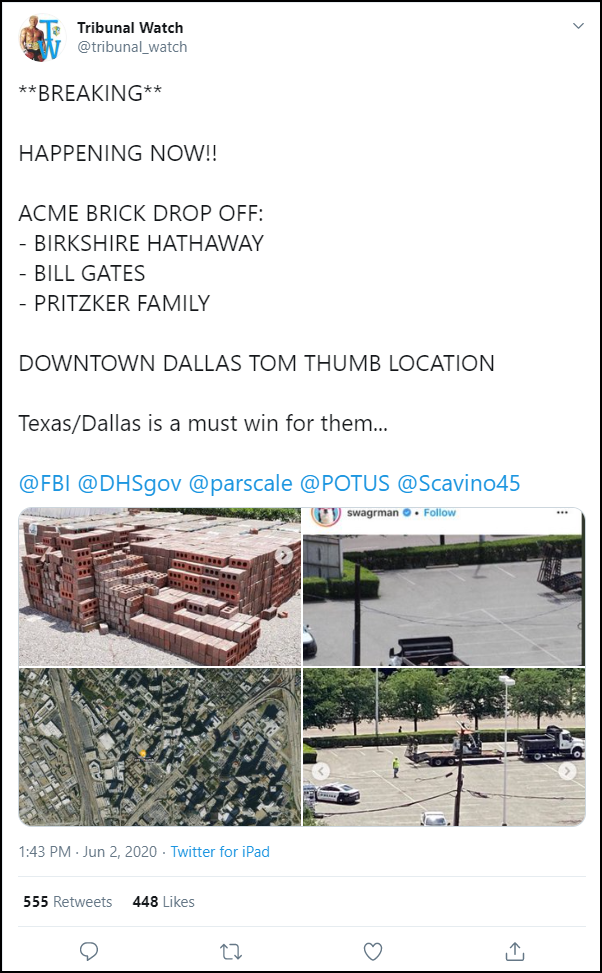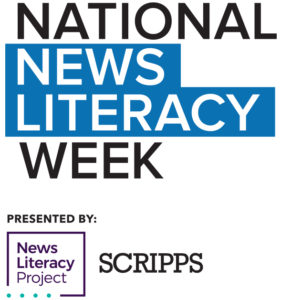We’d all like to think we can spot fake content on social media. But some of the methods used to create it are sophisticated, making it easy for even informed users to be fooled.
The good news is that we can educate ourselves on what’s real and what’s a lie in our newsfeeds.
The News Literacy Project (NLP) is a nonprofit nonpartisan organization that strives to teach the public to be smart, engaged news consumers. To test our ability to spot fake content and improve our falsehood radar in the future, NLP and other organizations like it have developed a number of engaging and informative quizzes.
Not only are they a fun way to test our social media savvy, but the quizzes also offer important news literacy lessons we can all benefit from learning.
How Well Do We Know The Social Media Platforms We Use?
Before we even get into the content, it’s important to understand what measures the social media platforms we use take to regulate what’s shared. The “Fighting falsehoods on social media” quiz from NLP provides information on which social media platforms put warnings on content posted to their site or take other measures to fight trolls and misinformation.
For example, one social media platform banned political advertising back in 2019 while another offers users the option to report “medical misinformation” seen on content within the platform. Take the quiz to find out which platforms these are.
Is It Real Or Fake?
Each answer on NLP”s “Should you share it?” quiz offers pointers on how to check social media authenticity. For example, one tip reads: “Fake tweets and other kinds of social media posts are extremely easy to make, so be wary of images or screen captures of posts and look for links to the actual post.”
Here’s one of the posts from the quiz. The quiz taker has to decide whether the social media post “presents strong, fact-based evidence and is safe to share” or “presents false, misleading or unverified information and is not safe to share.” How would you answer?

The post above is not factual. In the summer of 2020, rumors were spreading about piles of bricks being left on street corners to spark violence among people protesting the killing of George Floyd. In reality, as NLP points out, this post shows bricks at a construction site. Take the quiz to see if you can catch other false or misleading content.
Can You Spot Fake Accounts?
We can also test our social media savvy with “Spot the Troll,” created by Clemson University’s Media Forensics Hub. It challenges us to look at actual social media accounts and decide whether they belong to real people.
Darren L. Linvill, an associate professor of communication at Clemson University and one of the people behind Spot the Troll, told Simplemost that over 750,000 people have taken the Spot the Troll quiz so far, with the average number of correct answers standing at 5 out of 8, which he says is a D-. But don’t feel bad if you don’t ace the test, since it’s a tricky one.
“Honestly, though, I don’t care how people have done on the quiz,” Linvill adds. “I want people to engage with the content.”
Some common elements of fake accounts to look out for, according to Spot the Troll: They often contain photos of attractive women used as profile pictures, they feature little to no personal information and there’s often an overwhelming lack of multi-dimensional views.
4 Steps To Take Before You Share
Here’s a helpful infographic from NLP, which recommends taking four quick steps before sharing something on social media:

This article is part of the second annual National News Literacy Week, Jan. 25-29, a national public awareness campaign to promote news literacy and the role of a free press in American democracy. The week is part of an ongoing partnership between Simplemost’s parent company, The E.W. Scripps Company, and the News Literacy Project. Visit NewsLiteracyWeek.org to test your own news literacy and take the pledge to be news-literate.
This story originally appeared on Simplemost. Checkout Simplemost for additional stories.



